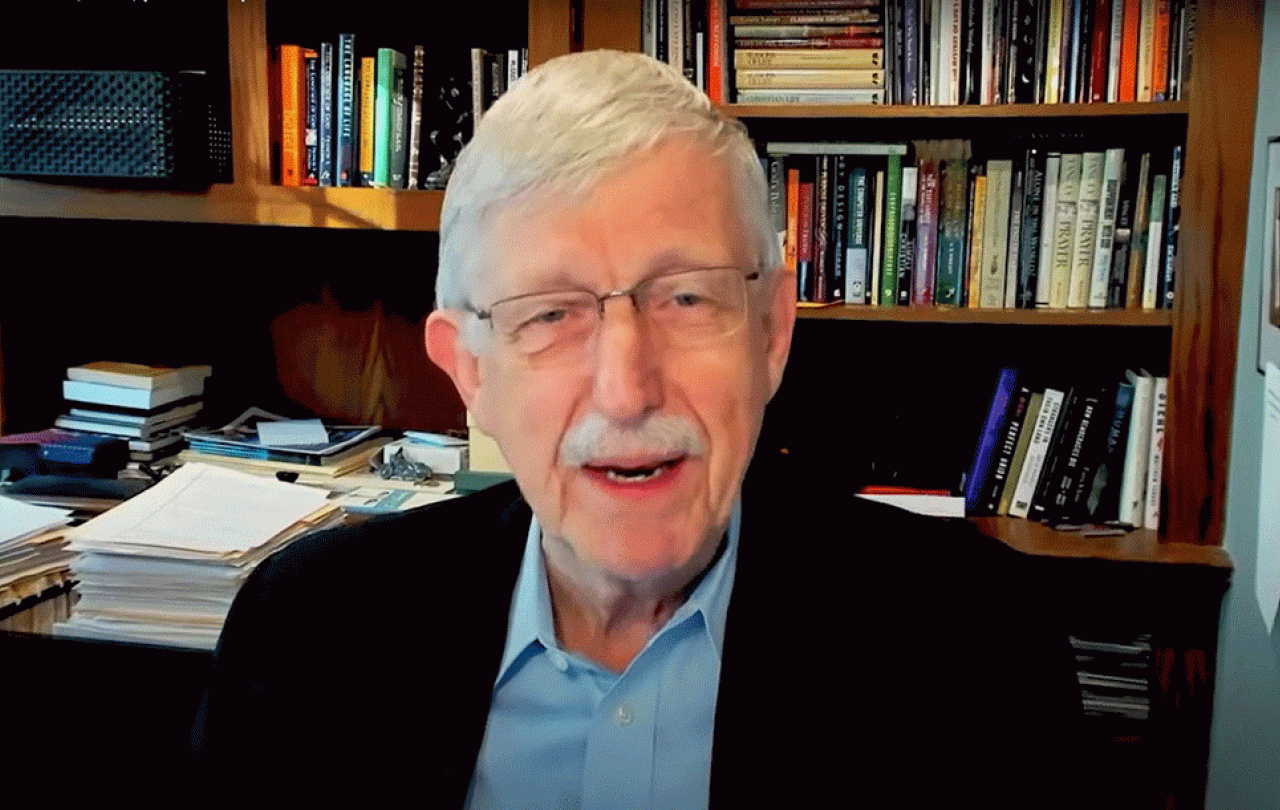
Listen now
Watch now
Francis Collins is a physician and geneticist whose groundbreaking work has led to the discovery of the cause of cystic fibrosis among other diseases. He led the Human Genome Project which first sequenced the entire human DNA, established the science-faith organisation BioLogos, and has gone on to serve three US presidents as the director of the National Institutes of Health.
Francis’ new book is titled The Road To Wisdom: On truth, science, faith and trust and covers some of the controversies and challenges he has faced personally in his public role as a scientist and government advisor leading the USA’s Covid response during the height of the pandemic.
In the light of the 2024 presidential election Justin and Belle talk to Francis about whether we can re-enchant truth, trust and wisdom in an increasingly polarised world. Francis Collins:
Support Seen & Unseen
Seen & Unseen is free for everyone and is made possible through the generosity of our amazing community of supporters.
If you’re enjoying Seen & Unseen, would you consider making a gift towards our work?





